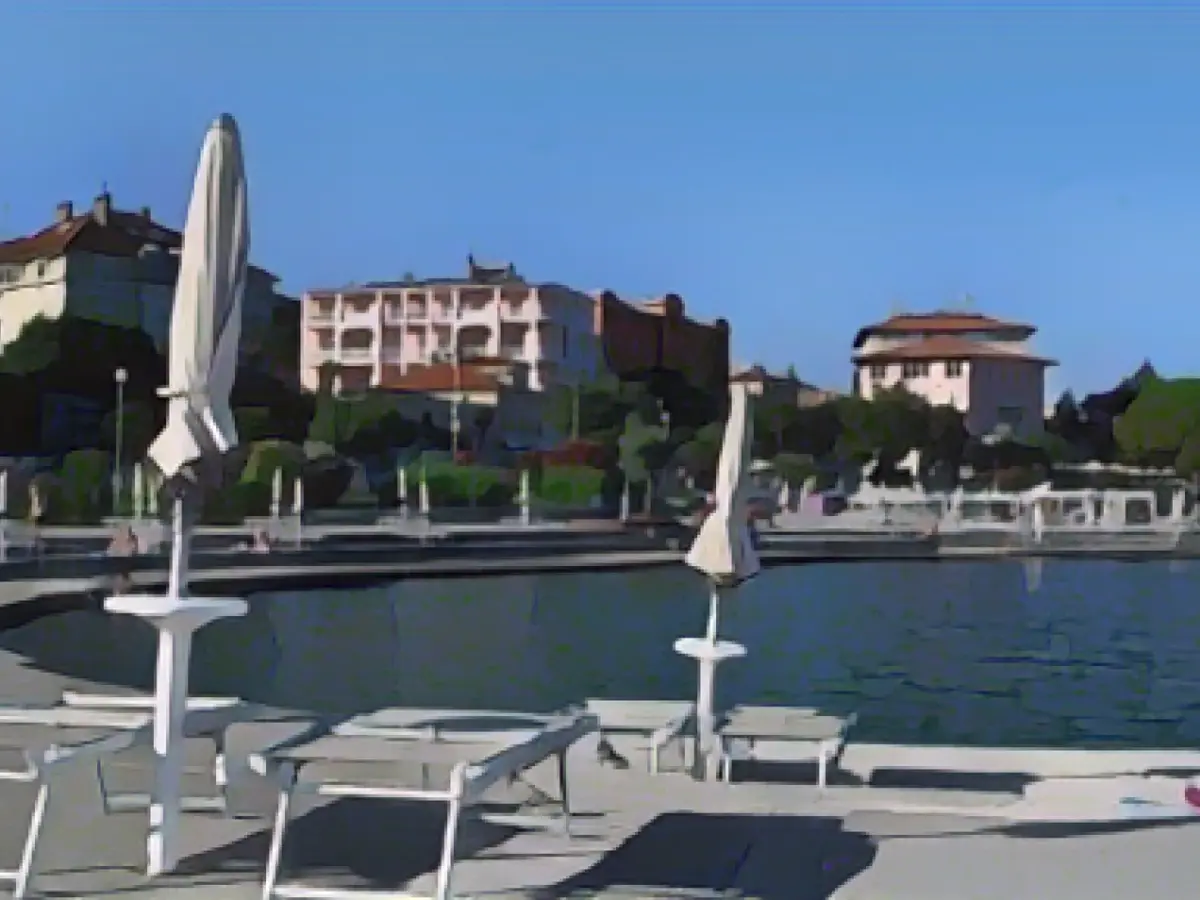"ECJ: Employers Not Obligated to Compensate for Lost Vacation Due to COVID-19 Quarantine"
A Rhineland-Palatinate employee faced a predicament after coming into contact with a coronavirus-infected individual during his vacation in December 2020. Subsequently, the public health department ordered a quarantine. Despite remaining healthy, the employee sought permission from his savings bank to make up for his vacation later. However, the bank refused, leading to a legal dispute that reached the European Court of Justice (ECJ).
The Luxembourg-based ECJ declared that European Union (EU) law does not mandate employees to compensate for lost vacation due to quarantine. This ruling stemmed from the judges' belief that the primary purpose of paid leave is to recover from work and enjoy a continuous period of relaxation and leisure. Although quarantine can potentially restrict the use of leave at will, it does not inherently hinder the core objectives of vacation.
Surprisingly, the ECJ clarified that EU law does not necessitate making up for lost vacation due to quarantine, thereby leaving room for more favorable regulations for employees. As a result, the Covid-19 Protection Act, which came into effect on September 17, 2022, and excludes quarantine days from annual leave calculations, remains valid despite the Luxembourg ruling.
In essence, the ECJ ruling implies that employers are exempted from compensating employees for the inconveniences of quarantine, as the purposes of vacation can be achieved despite quarantine restrictions.
Enrichment Insights:
- Despite the gray area in the explicit EU stance on compensating for quarantine days not counted towards annual leave due to COVID-19, the general trend of EU employment laws during the pandemic suggests a supportive environment for employees, with consideration given to flexible arrangements or compensation in similar circumstances.
- The EU's Directive No. 2019/1158 on work-life balance, which harmonizes entitlements to parental leave and extended carer's leave, demonstrates the emphasis on supporting families and household members during challenging times.
- Short-time work models, such as the one introduced in Austria, enable employees to work reduced hours with significant wage compensation, indicating a stance towards maintaining employment and providing support during the pandemic.
- Travel restrictions imposed by the EU to control the spread of COVID-19 do not directly address compensation for quarantine days not counted towards annual leave. However, the overall framework of EU employment laws and directives during the pandemic suggests a commitment to protecting employee rights, leaving room for employees to negotiate for flexible arrangements or compensation in such circumstances.





